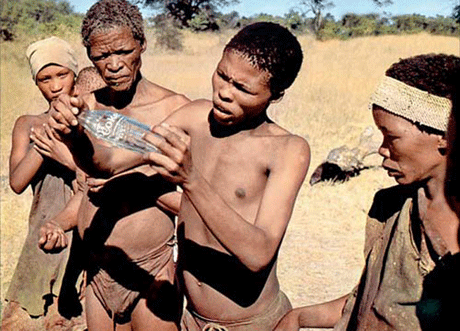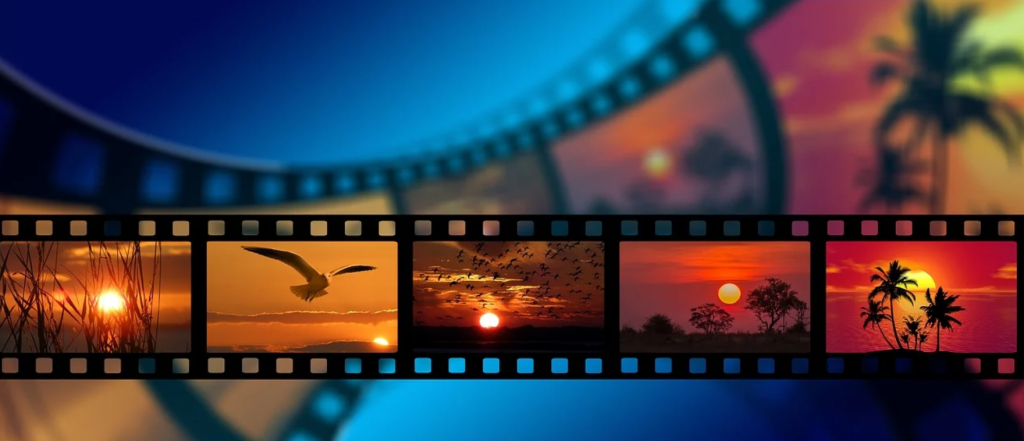
THE Gods Must be Crazy film depicts black people as hopelessly unsophisticated ignoramuses, writes Litheko Modisane.
A letter to the ambassador of South Africa in the United States
Dear Ambassador: Mr Mninwa Mahlangu
It is with great displeasure and indignation that I write this e-mail to you. It has come to my attention that the film The Gods Must be Crazy by South African filmmaker Jamie Uys is to be shown today March 23 2015 at the Arent Fox, Washington DC.
It is tragic that this notorious film that purveys unambiguous racist propaganda will be shown under the auspices of the South African embassy in the United States.
The filmmaker, Jamie Uys, was himself a cog in the propaganda machinery of the apartheid State, producing, alongside the likes of Heyns film production house, films that sought to justify apartheid in the eyes of the world.

The Gods Must be Crazy is the worst of these films as it uses comic relief to mollify audiences and implicitly discourage a critical attitude towards it. It is not an understatement to say that the film depicts black people as hopelessly unsophisticated ignoramuses.
Since The Gods Must be Crazy was made in the 1980s, many texts, academic and non-academic, have been produced that are united in their condemnation of its racism.
- Chamisa under fire over US$120K donation
- Mavhunga puts DeMbare into Chibuku quarterfinals
- Pension funds bet on Cabora Bassa oilfields
- Councils defy govt fire tender directive
Keep Reading
You will notice Sir that the racism of the film extends to all formerly colonised people and represents them in a very negative light.
This stems from its bifurcation of modernity – represented by a commercial object and pre-modernity, constructed in the form of unsophisticated and bewildered San man.
The logical conclusion in this structure is that the colonising West as a site of knowledge production and practices, is supreme and therefore, has legitimacy over its “other” – the San or formerly colonised Africa.
Accordingly, the San can only be explained through tropes of idiocy and backwardness. This constitutes the film’s epistemic violence as its discourses does harm to Africans.
The film has been generally received in the West as a representative text of Southern Africa, and I suspect Africa as well, points to its unfortunate global public legacy.
The embassy’s showing of the film does not help the situation at all as it gives legitimacy to its inherent racism.

It also demonstrates beyond doubt that our public representatives are either too careless about the cultural histories of South Africa and their legacies, or simply ignorant of the signifying power of film. The Gods Must be Crazy is an object of undesirable social and political values.
By showing the film, the embassy promotes pathologies from a shameful and painful period in our history. It rescues, from a disgraced archive, signifiers of white supremacy and dehumanisation of black people.
It is very worrisome that as a public agency, the embassy would see wisdom in showing a film that contradicts the very values of democratic public life and human rights that make 1994 a high point of our recent history.
It is only fair and just that the film be removed from the programme if only as a measure of respect for thousands who fell in the service of a democratic South Africa, and all South Africans and citizens of the world who still strive for a democratic future for all the world’s people!
Dr Litheko Modisane
Centre for Film and Media Studies – University of Cape Town.
– Sunday World










